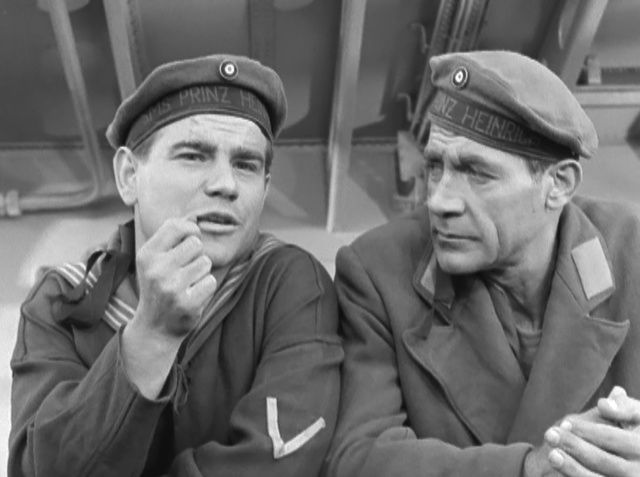Click here to subscribe today or Login.



SCRANTON — The last time the University of Scranton hosted its annual East German Film Festival, audiences were invited to see films that Communist censors had banned during the 1960s.
This time around, in “World War I: A Cold War Perspective,” you can see some films the censors liked, including “Girls in Gingham,” which has a strong anti-war message and a major character who takes a pacifist stand during World War I and quits her job making hand grenades.
“The anti-war theme was central to many East German film,” festival coordinator Jamie Trnka said. “The East German state linked war to capitalism and the military/industrial complex. Their contention was the socialist state was made for peace.”
As Communists, members of the Deutsche Film-Aktiengesellschaft (DEFA), or state-owned film studio, would have officially frowned on class distinctions, too.
So they would have enjoyed the historical satire in “The Kaiser’s Lackey,” which pokes fun at an ambitious man who decides he must first serve power to gain power for himself.
And they would have applauded the spirit of the World War I sailors depicted in “The Sailors’ Song” who take part in a failed uprising in 1918 and then attend a congress of the new Communist Party of Germany in 1919.
One film they did stumble over was “Farewell,” directed by Egon Günther in 1968. While the protagonist, Hans, is adamant about not wanting to fight in World War I, East German officials still found fault with the film’s cinematic style and withdrew it from wider release after its premiere.
Trnka finds all four of the films to be a fascinating glimpse into the former East Germany, but when pressed, she admitted there is one she finds the most interesting.
“If I had to pick one, it would be ‘Girls in Gingham,’ because so few accounts of World War I focus on the experiences of women on the home front,” she said. “And there’s an inter-generational dynamic as well.”
After each film there will be a question-and-answer session, Trnka said. In the past, such discussions have become lively.
“We have a group (of area residents) who grew up in Germany and they usually come and share their perspective.”
The University of Scranton is presenting its eighth annual East German Film Festival in collaboration with the DEFA Film Library at the University of Massachusetts at Amherst, which is the only archive and research center outside of Germany devoted to films from and related to the former German Democratic Republic, which existed from 1949 to 1990.
The films will be shown 7:30 to 9:30 p.m. April 13, 15, 16 and 17 in the university’s Pearn Auditorium of Brennan Hall. Admission is free.





